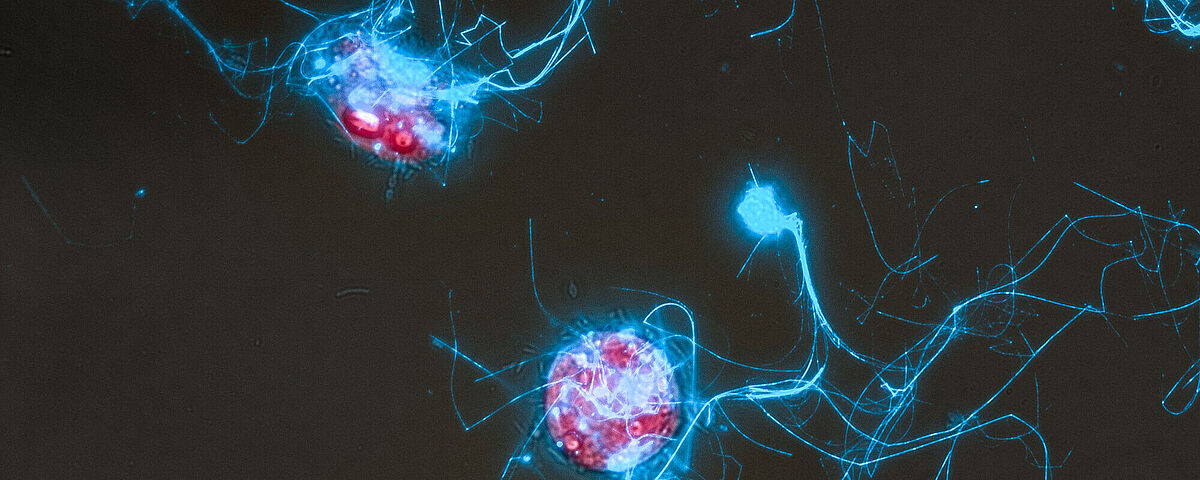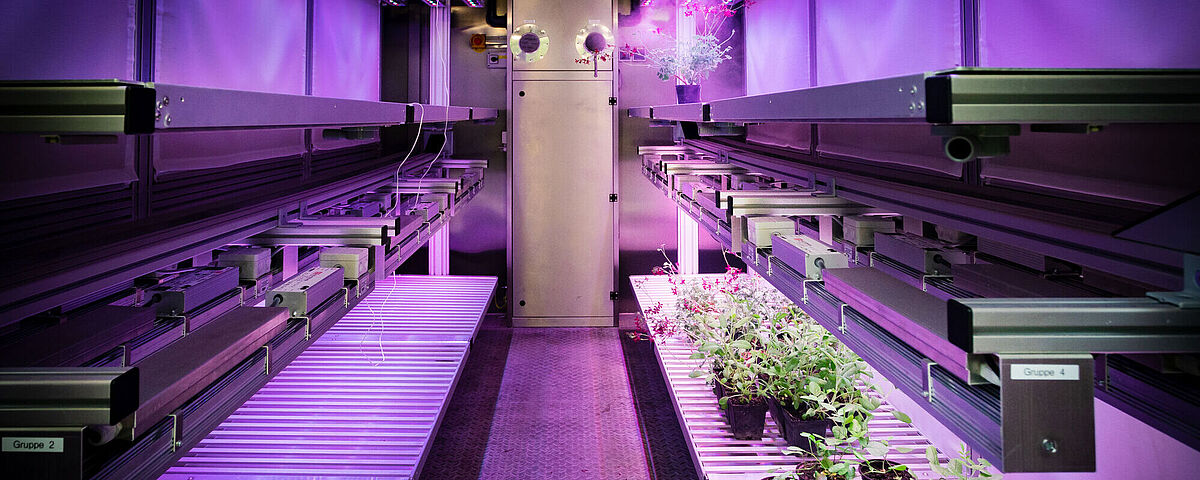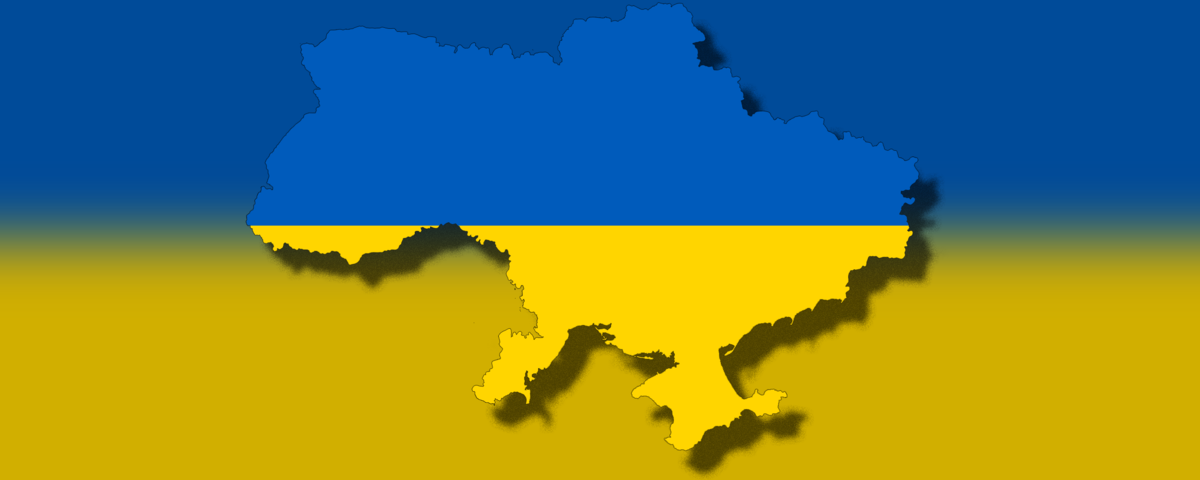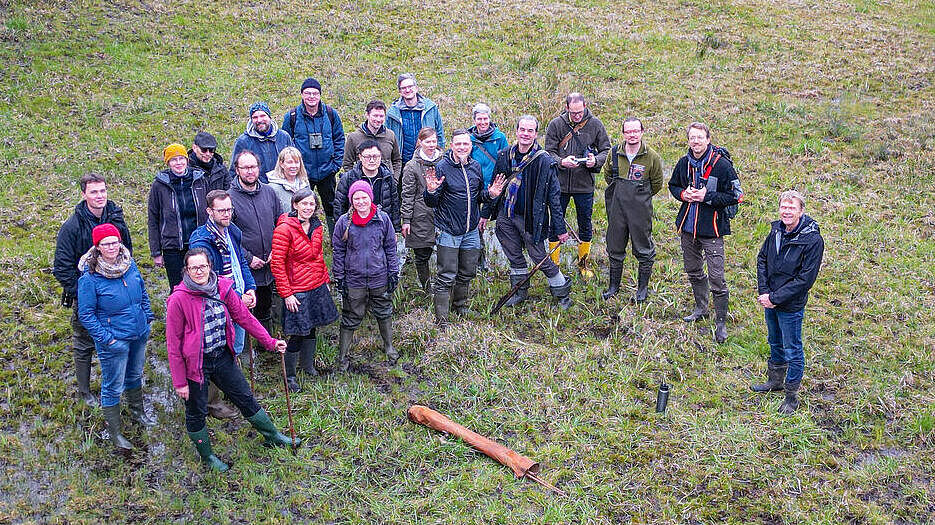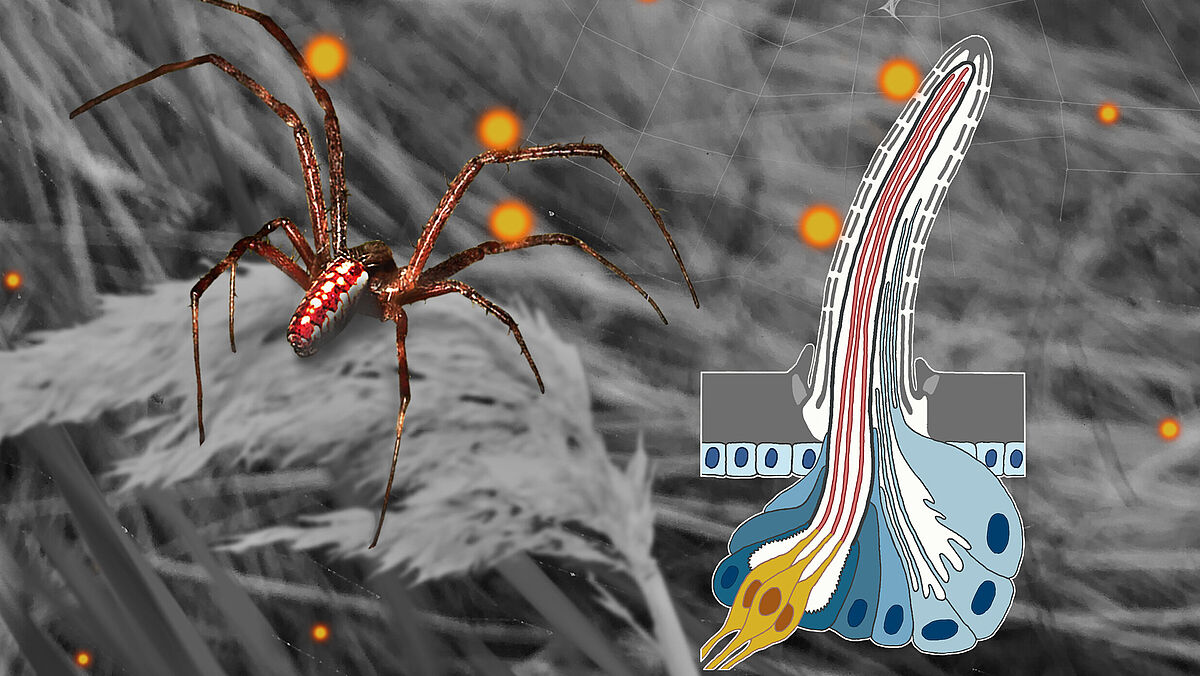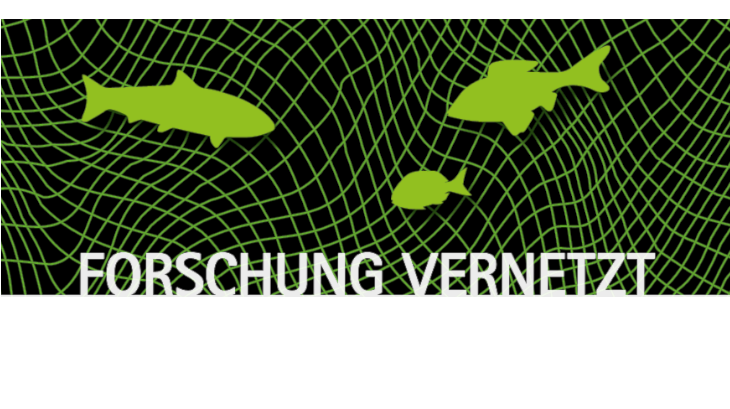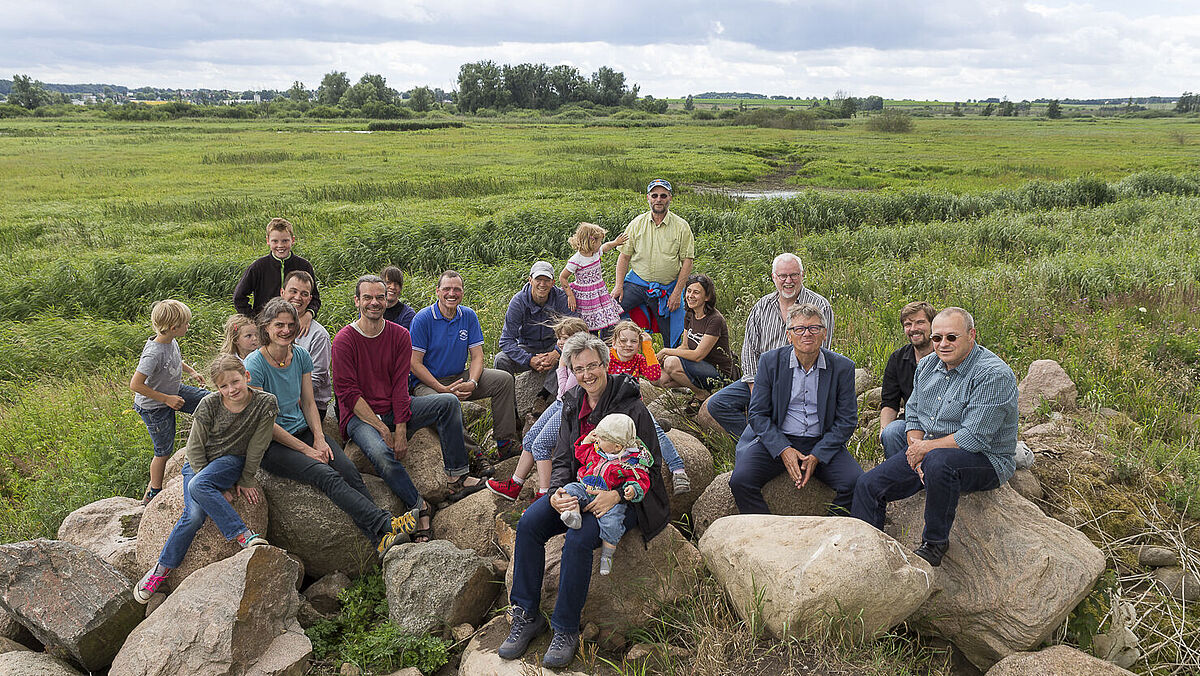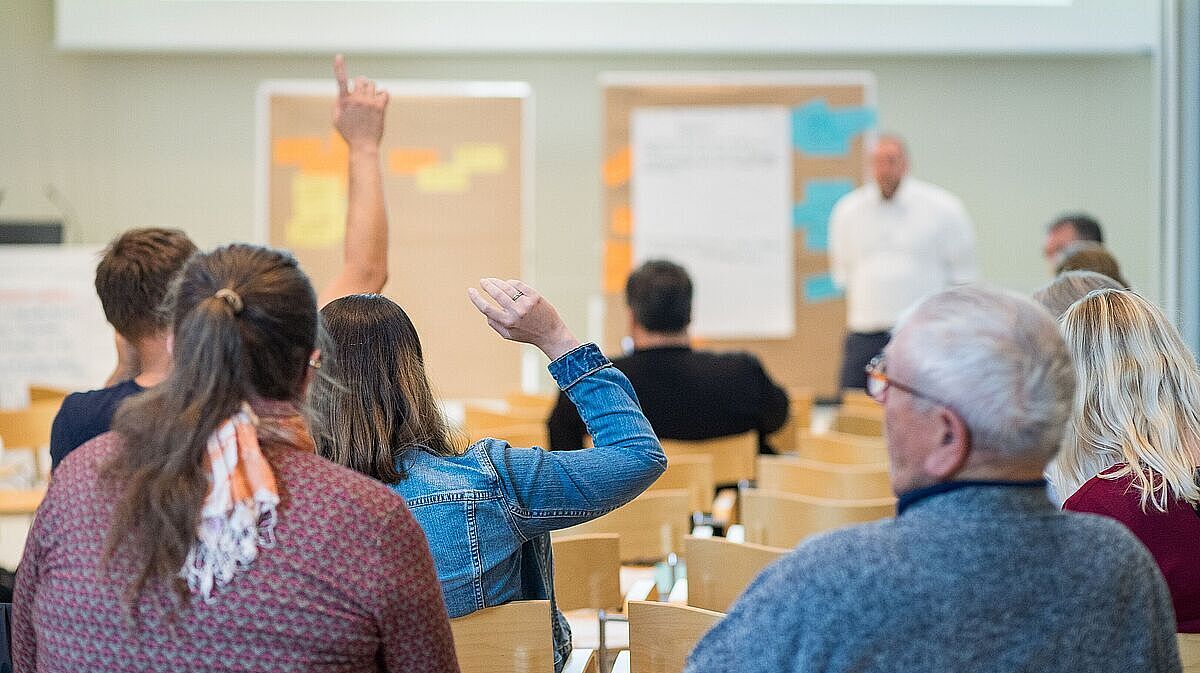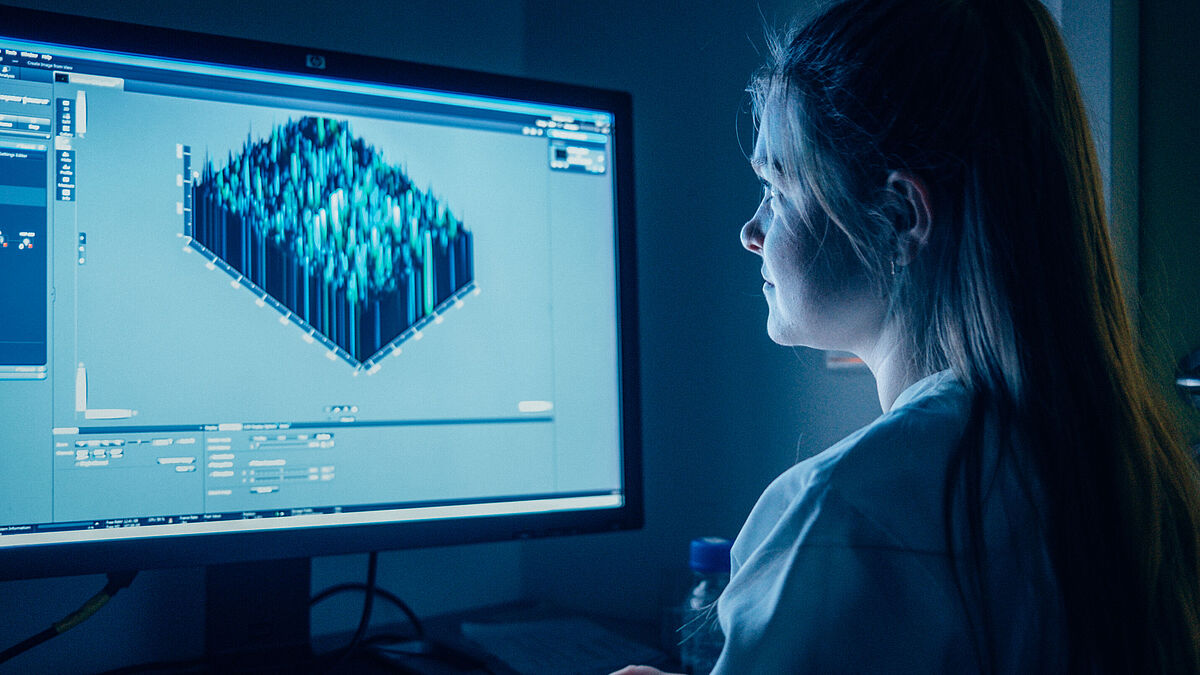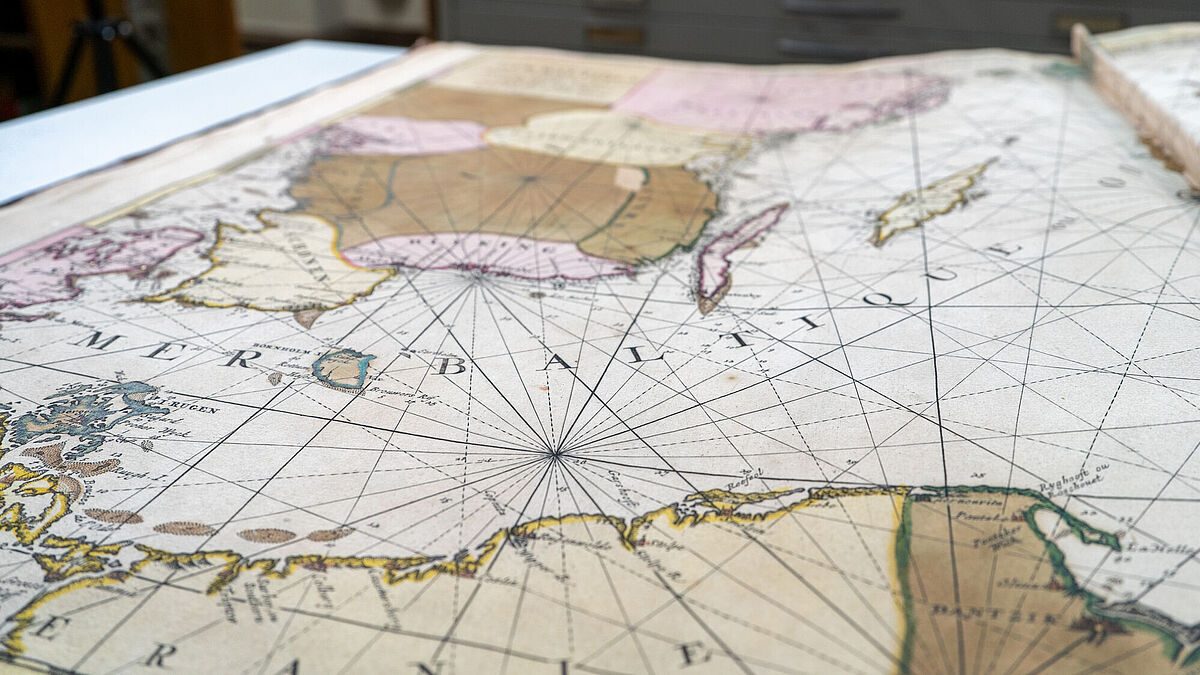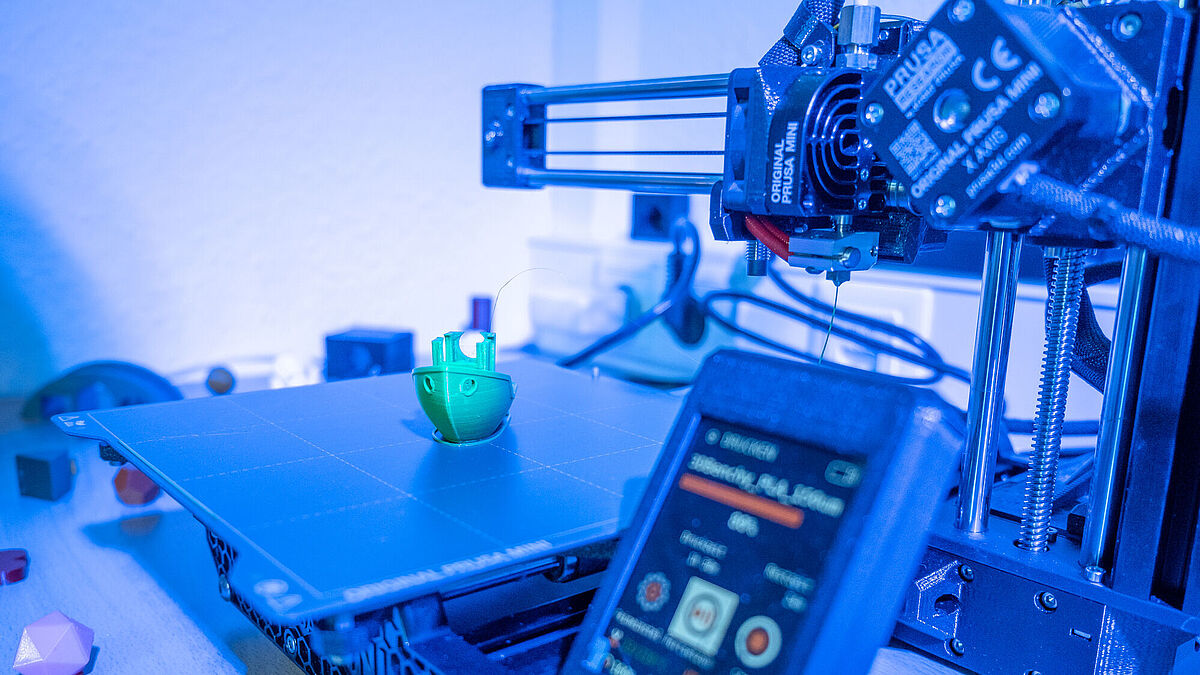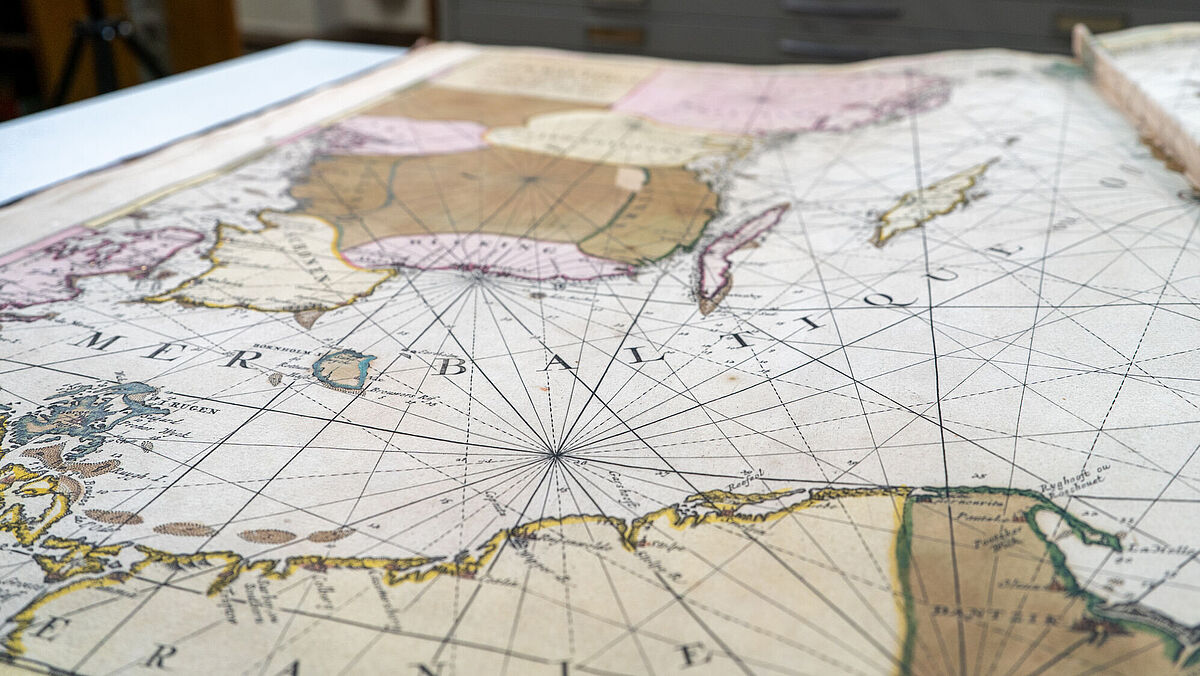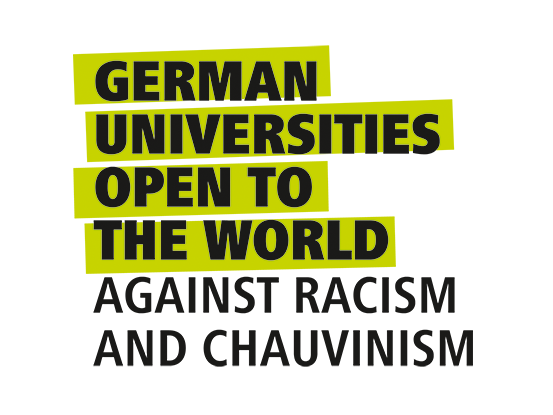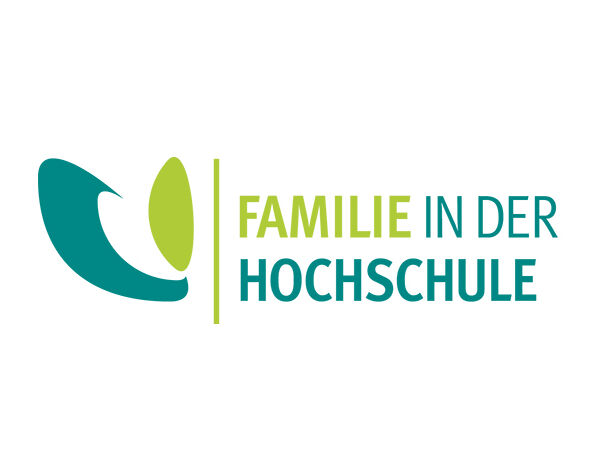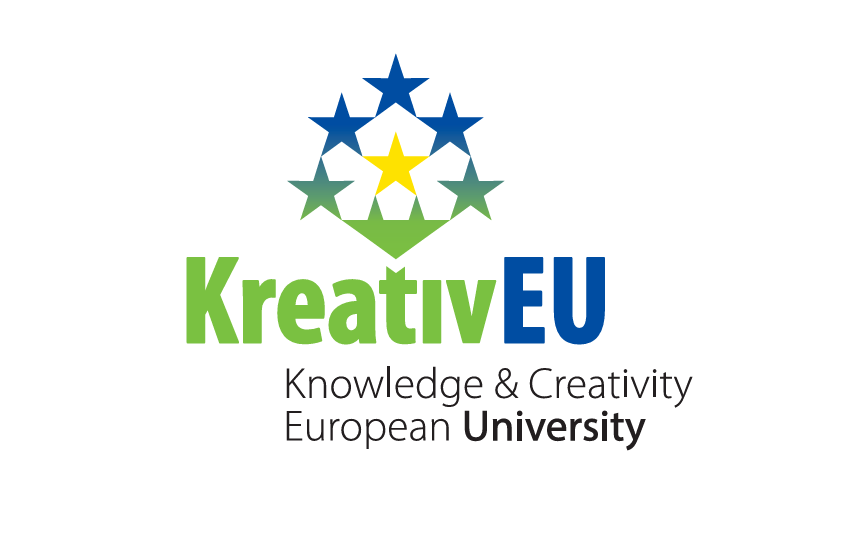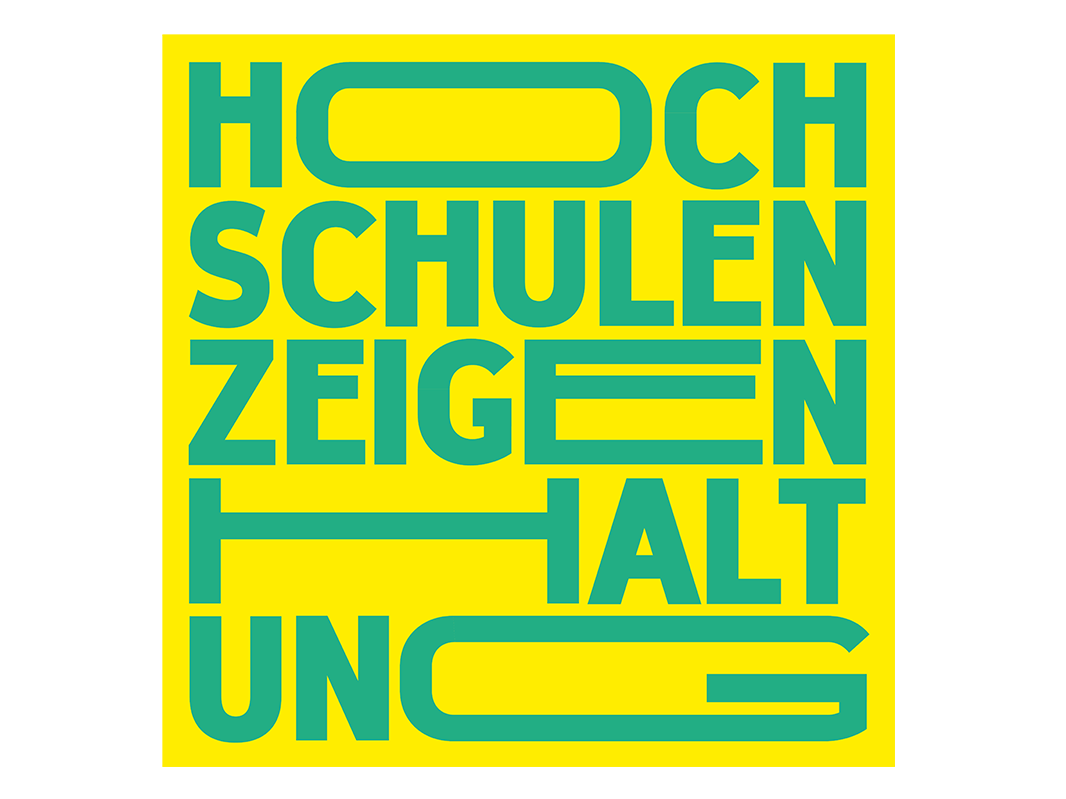Research at the University of Greifswald
Due to its national and international visibility, the University of Greifswald significantly shapes the scientific landscape in the northeast of Germany. Characterised by outstanding basic and applied research, it offers excellent working conditions for researchers who work in fields such as Community Medicine, life sciences and research on the Baltic Sea region. In addition to its diverse disciplines and the resulting strength of interdisciplinary research, the University closely collaborates with scientific institutions in Greifswald and beyond.
Unravelling Spider Silk: What High-Tech Fibres Can Learn from Nature
Europe-Wide Peatland Emissions Twice as High as Previously Estimated: Hotspot Map Shows Where Protection and Rewetting Are Particularly Effective
Nursery Web Spider Uses Legs to “Sniff Out" its Partners
Earth's Crust Under Stress: Researchers Decipher Energy Release During Earthquakes
Science net Greifswald
Greifswald is home not only to the University of Greifswald and University Medicine Greifswald, but also to five internationally renowned external research institutions. “One Health” and plasma physics are the two major interinstitutional key fields of research. Joint professorial appointments and projects play a significant role in the research strength and the visibility of the local scientific network and the University of Greifswald.
Scientific networks
Relevant cutting-edge research to address complex challenges requires strong collaboration. The University of Greifswald’s membership in regional, national and international alliances results in a strong network and reliable partners.

Academic careers
The University of Greifswald places special emphasis on supporting the careers of academics. The University achieves this by specifically and appropriately challenging and supporting researchers, who adopt responsibility for the scientific and academic development of their subject areas and cooperate with internal and external partners to find solutions for fundamental and current problems on a global and local scale.
Ethics, transparency and equal opportunities
The University of Greifswald is committed to national and international ethics standards and quality assurance in research, implementing them in the form of guidelines and by instigating corresponding committees. This helps researchers to fulfil their special responsibility for recognising, judging and evaluating risks (e.g. dual use). The University provides transparent information on its research activities and also promotes free access to its research results via Open Access, science communication and knowledge transfer. The high expectations for ethics and transparency also apply to the equal opportunities of researchers in their full range of diversity. The way how the university deals with these aspects in various ways is considered one of its strengths.

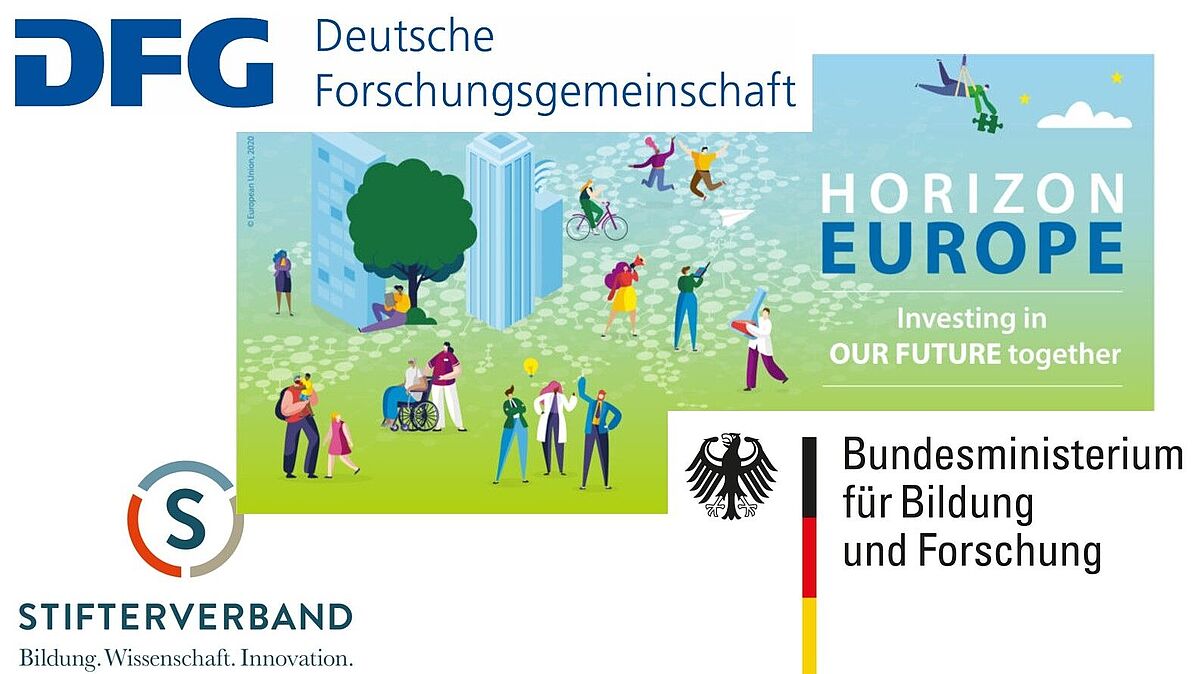
Research support and advice
Various offers promote the full scope of research and its high levels of standards. These range from assistance in the acquisition of external funding to the support of early-career researchers and the exploitation of research results.

